Yagazie Emezi, a “multidisciplinary artist”. She is also a bundle of talent who draws, takes great portraits, runs a popular YouTube page, and is also involved in fashion. She was born in Aba in 1989, has a double major in Cultural Anthropology and Africana Studies from the University of New Mexico, and has lived on and off in Lagos for a couple of years. She is one of the participants in this year’s Invisible Borders project which includes a diverse group of gifted writers and artists travelling around Nigeria. Yagazie’s interest in this project is in finding and documenting physical scars on strangers’ bodies. I caught up with her for a quick chat.
***
Hi Yagazie, It’s nice to talk to you. Can you tell me a bit about yourself?
I’m a photographer, cartoonist and occasional vlogger going through life trying to find balance. Photography is the passion that takes up most of my time.
How did you get involved with the Invisible Borders project and what do you hope to gain out of this experience?
I have been following the adventures of Invisible Borders for some time now and in the back of my mind, I knew I would want to take part eventually. This road-trip is a great opportunity to experience Nigeria like never before. My Nigeria has been a childhood in Aba and two years in Lagos. I am eager to see and understand more. I am particularly curious about meeting new people. It’s easy to create borders in our life. Borders that set boundaries around friendships and work. It’s easy to be intimidated by people we don’t know and customs we don’t understand. I am sure that this experience will blur all of that.
Did you travel a lot as a kid growing up in Aba?
Not quite. I went to Malaysia about 3 times for family, but my more extensive traveling came in my later years.
In one interview, you were quoted as saying “My work as a photographer started with my interest in other photographers’ work. I always saw myself as an admirer, but after years of keeping up with the work of others, I can only assume that something rubbed off on me.” Who were these photographers whose works you looked up to at the beginning?
The likes of Okhai Ojeikere, Seydou, Zanele, Angel Fisher and Carol Beckwith, Lafforgue, Mambu Bayoh, just a few!
What theme do you think ties up all your work?
I believe that people pay attention to the things that simply interest them. A theme is honestly hard for me to find at the moment as I have a lot of interest. I do see my work becoming more tied firmly to women narratives.
A photographer, because of the privilege to stare, experiences a scene differently than everyone else. What do you look for in a scene? Or more importantly, what do you see?
I am naturally drawn to patterns, colors and textures. These go beyond clothing and passing scenery and extends onto peoples’ bodies as well.
You have spoken before about your interest in documenting physical scars on stranger’s bodies. What informs this interest? And what have you found?
For a while now, I have had a passion for body positivity and awareness, some of my videos address just that. Over the years, I have received numerous messages from people struggling to accept their bodies in various forms. I decided to embark on this project to find individuals who have come to terms with their bodies after going through extreme life changes and understanding their process so as to hopefully aid others still struggling to do so. I have found out so far, body acceptance is a continuous process. Just like we never stop learning in life, do we ever stop learning to accept ourselves through all our changes? Most of the people I have met yes, have accepted their bodies but it appears to be more of a resignation to their bodies.
That is fascinating. One profile describes you as being on “a personal mission to change the way people think about modern Africa.” Is this how you see your work? If so, what have you found is your biggest challenge?
I merely talk truths. If that changes an individual’s idea of Africa from negative to positive, all for the better.
I found something you wrote on Tumblr a while ago: “It’s officially two years of being in Lagos. I arrived clueless, friendless and jobless and two years later, I’m just clueless.” What did you mean at the time? And what, if any, is the role of cluelessness in the exploration of a new place?
Clueless at that time because I didn’t have a plan for living in Lagos. Cluelessness to me, is stagnation. And personally, it has no role or place in the exploration of a new place. I have my moments, definitely, but in the exploration of a new place, I give curiosity a role.
As we conduct this interview, the trip has already gone on for more than a week. What has been your most memorable experience so far?
They have been so many! With each new person that lets me see a bit into who they are, I cannot place their story above the last one I heard. They’re all so memorable because it truly isn’t everyday that you get to have a moment of intimacy with a stranger. A true intimacy of having someone entrust you with their truth.
At the end of this trip, what do you think or hope would have changed either in your appreciation of your craft or in your understanding of (other parts of) Nigeria?
With photography, I anticipate growth. I’m surrounded by these amazing artists and watching them work is a learning process for me.
************
All images documenting Yagazie Emezi’s trip are from her Instagram page.
About the Interviewer:
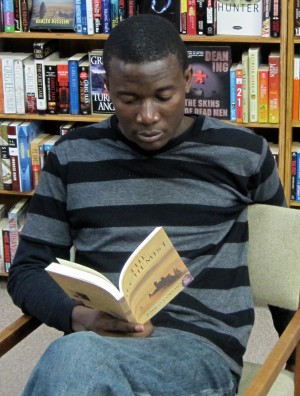 Kọ́lá Túbọ̀sún is the author of the chapbook Attempted Speech & Other Fatherhood Poems (Saraba, 2015). He works in Lagos as a linguist and can be found on twitter at @baroka, on his blog at KTravula.com, or at YorubaName.com where he’s curating a multimedia dictionary of Yorùbá names. In partnership with the Invisible Borders project, Tubosun is interviewing all the participants on the trip. Previous interviews can be found here and here.
Kọ́lá Túbọ̀sún is the author of the chapbook Attempted Speech & Other Fatherhood Poems (Saraba, 2015). He works in Lagos as a linguist and can be found on twitter at @baroka, on his blog at KTravula.com, or at YorubaName.com where he’s curating a multimedia dictionary of Yorùbá names. In partnership with the Invisible Borders project, Tubosun is interviewing all the participants on the trip. Previous interviews can be found here and here.


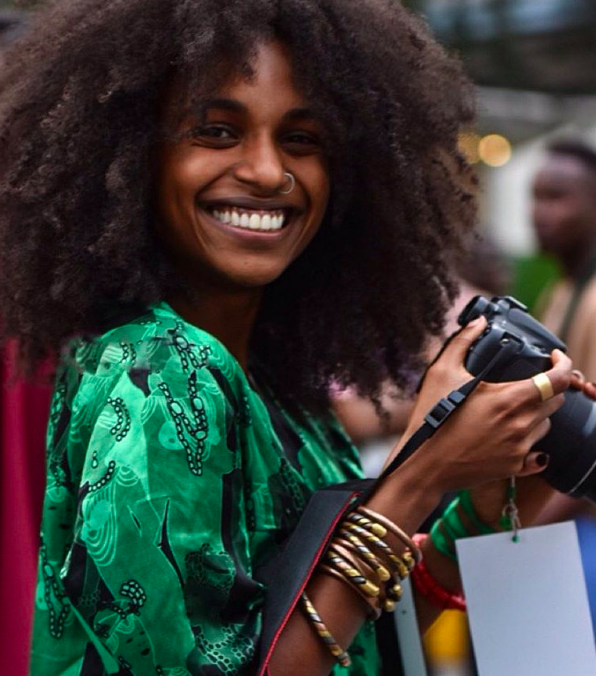
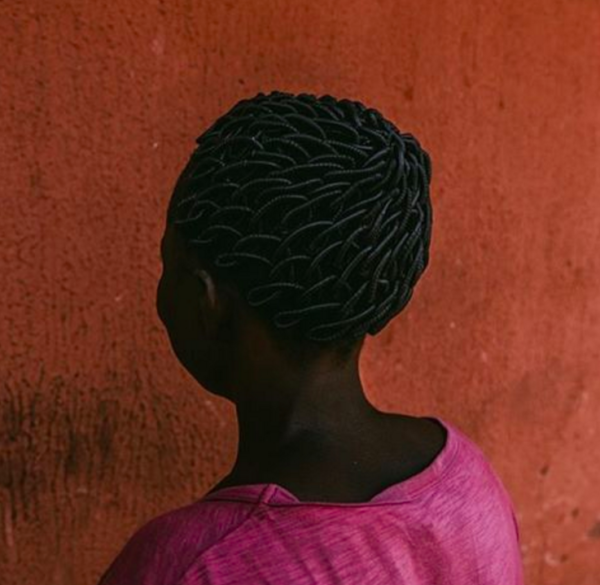
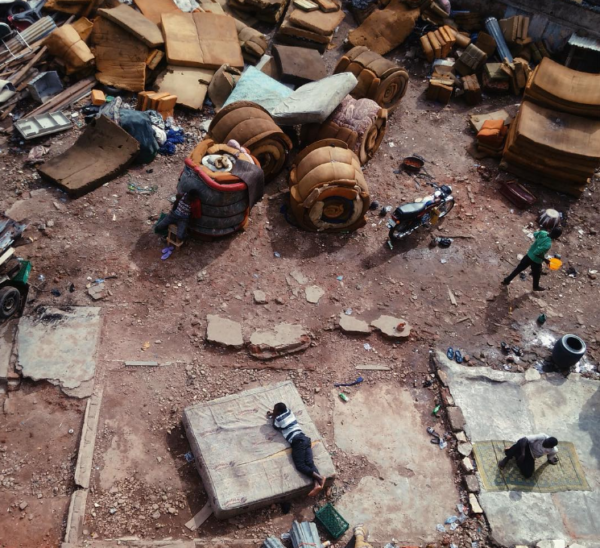
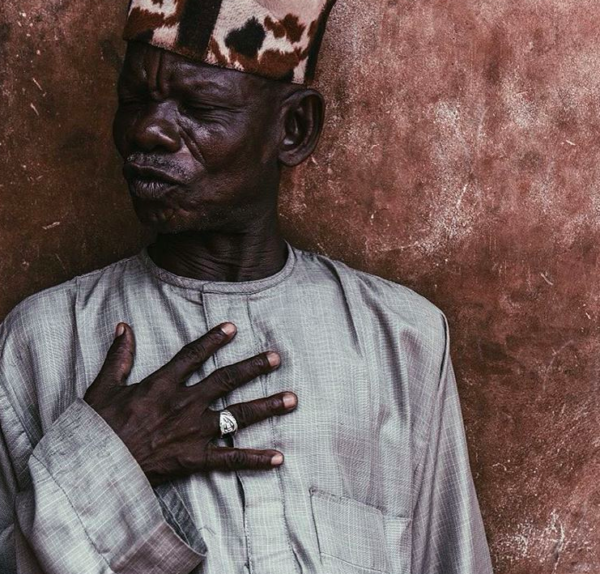
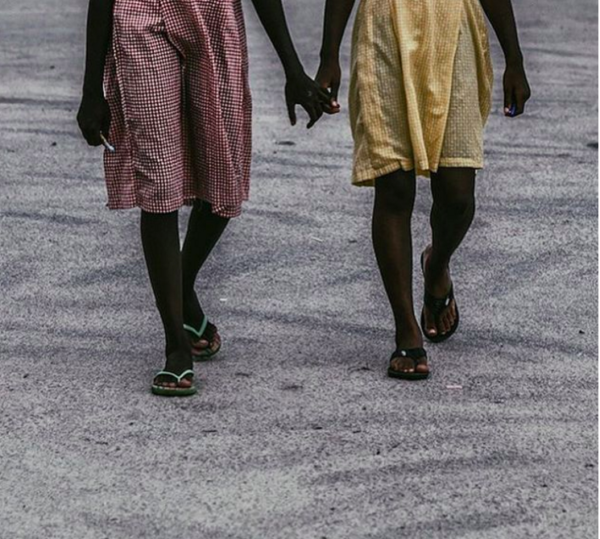
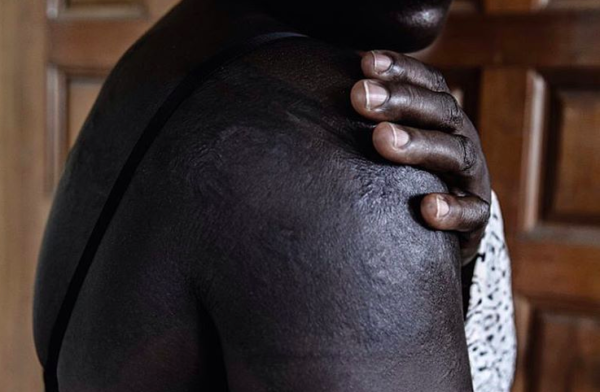
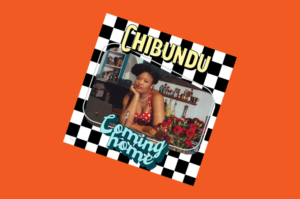
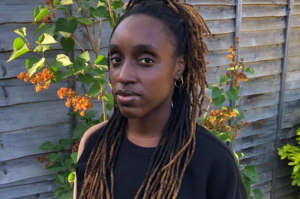


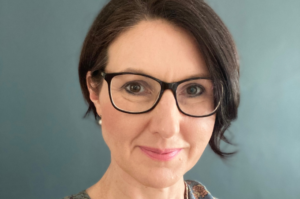


“There’s a lot of ignorance amongst ourselves.” Interview with Uche Okonkwo « ktravula – a travelogue! June 13, 2016 02:59
[…] You can read interviews of other current participants on the trip here and here and here. […]